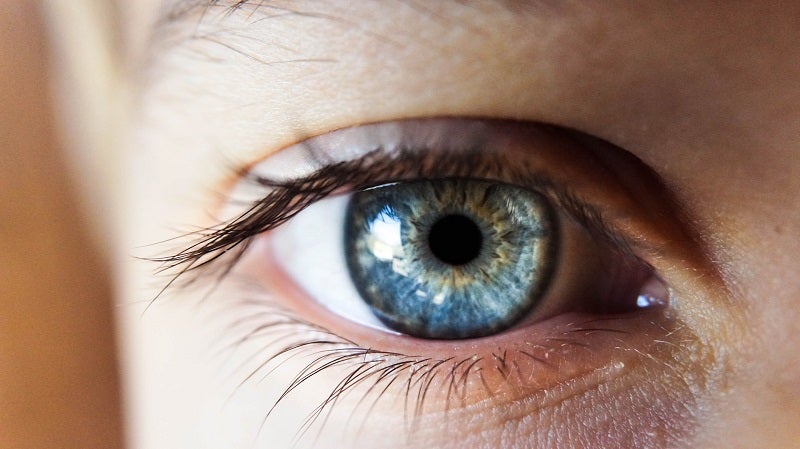
Kiora Pharmaceuticals has completed participant enrolment in its clinical trial of KIO-201 in Persistent Corneal Epithelial Defects (PCED) patients.
The company stated that the clinical study has been designed as an open label, single-arm, ten patient (up to 20 eyes) study.

Discover B2B Marketing That Performs
Combine business intelligence and editorial excellence to reach engaged professionals across 36 leading media platforms.
In the trial, the participants were assessed at different timepoints up to 28 days after they received KIO-201 six times a day.
Tolerability︎, safety, and the percentage of patients who have achieved corneal healing, as well as the associated time for completing the corneal healing that is determined by corneal fluorescein staining, are the endpoints of the trial.
KIO-201 is a chemically modified, cross-linked form of Hyaluronic Acid (HA), which is a naturally occurring polymer that is said to be vital in many physiological processes such as tissue homeostasis, joint lubrication, and wound healing.
It is formulated as a convenient topical eye drop and provides a thin coating to the eye surface.

US Tariffs are shifting - will you react or anticipate?
Don’t let policy changes catch you off guard. Stay proactive with real-time data and expert analysis.
By GlobalDataThis serves as a protectant to accelerate and facilitate corneal re-epithelisation.
KIO-201 is currently being developed to manage corneal epithelial defects, as well as for the re-epithelisation of the ocular surface after surgery, under non-traumatic and traumatic conditions.
Kiora Pharmaceuticals chief development officer Eric Daniels said: “This study is an important step to tackle some of the most challenging and difficult-to-treat corneal wounds. Current standard of care for these patients is sub-optimal with respect to outcomes and remains a substantial burden for patients.
“As part of our development strategy of addressing unmet and orphan ophthalmic diseases, we have applied for Orphan Drug Designation of KIO-201 for PCED.
“Further, based on initial observations, we have started planning discussions with the FDA for a Phase III registration study of KIO-201 in PCED.”
In addition, the company expects to report the results from the trial in the first half of this year.





